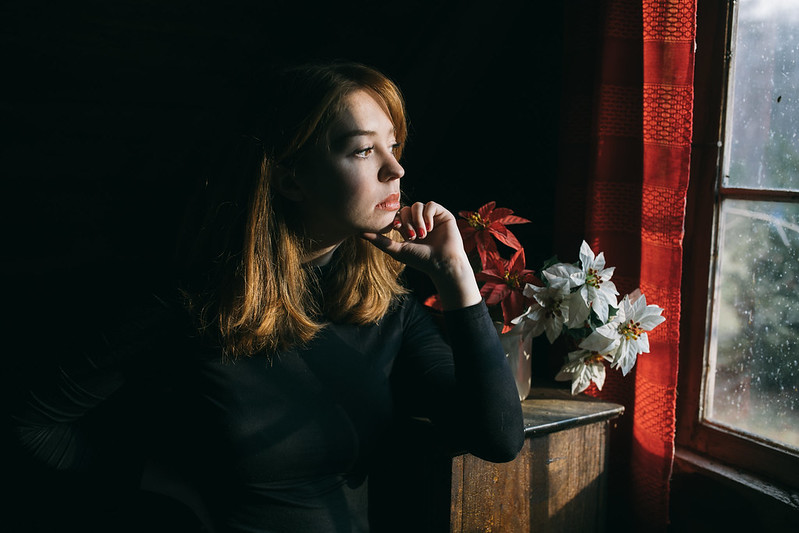
5 Definite Signs You Don’t Trust Your Partner (You’re Just Scared Of Being Alone)
In the intricate ballet of human relationships, trust is the silent partner, quietly guiding us through the dance of connection and vulnerability. Yet, too often, we misinterpret our fear of being alone as genuine trust in our partner. We confuse a deep-seated fear of solitude with the comfort of companionship. The thought of untangling our lives from our partners, as tumultuous as they might be, can be daunting. When your own internal compass is shrouded by these complex emotional undercurrents, these five signs may act as a lighthouse, illuminating your path towards self-realization and emotional health.
Red Flags Are Consistently Overlooked
The first sign that your fear of solitude is masquerading as trust is your tendency to overlook, ignore, or even dismiss glaring red flags. Your partner may exhibit behaviors that are harmful or incongruous with your values, and yet, you find yourself rationalizing them. You’re trying to force pieces to fit in this emotional puzzle because the thought of missing pieces, of unoccupied spaces, is deeply unsettling. This is not trust. It is an echo of a deeper insecurity, reverberating off the walls of a relationship you’re clinging to out of fear rather than comfort.
You Live in a Constant State of Anxiety and Uncertainty
Trust breeds peace, not anxiety. It creates a harmonious environment for love to thrive, free from the oppressive shadow of fear. If you find your heart teetering on the edge of panic, consistently fretting over your partner’s motives, actions, or even their basic daily movements, this is not a manifestation of trust. It’s a clear indication that fear has made itself at home in your heart, wearing the mask of trust to deceive you.
You’re Emotionally Dependent
The third sign, emotional dependency, manifests as an unhealthy reliance on your partner for validation, happiness, and fulfillment. Ideally, each partner should act as a balance to the other, a supportive pillar rather than a crutch. In a relationship tainted by the fear of solitude, however, you might find your sense of identity increasingly enmeshed with your partner’s. This erasure of self-identity and the creation of an amorphous “us” is a clear sign that fear is posing as trust in your relationship.
Your Unhappiness Is Consistently Rationalized
One of the most telling signs is your willingness to accept and rationalize your persistent unhappiness. Trust in a relationship should act as a wellspring of contentment and joy, not a dark cloud of discontentment. If you find yourself justifying your unhappiness, telling yourself that “this is normal” or “it’s worth it”, then it’s time to reassess the nature of your trust. Is it truly trust, or simply your fear of loneliness wearing the guise of trust?
Your Future Seems Unimaginable Without Your Partner
Finally, your inability to envisage a future devoid of your partner is a subtle but insidious sign that your fear of solitude is masquerading as trust. True trust empowers both partners to grow individually and as a couple, fostering a future filled with shared dreams and personal aspirations. If your dreams and future have been handcuffed to the contours of your current relationship, it might be time to look your fear of solitude in the eye.
Fear, though a potent motivator, should not dictate the trajectory of our relationships. Trust, genuine and unblemished, is built on the solid foundation of respect, empathy, and mutual understanding. Navigating the complexities of human relationships may be daunting, but the rewards of genuine connection and mutual trust far outweigh the initial trepidation. So, dare to ask yourself: Is it trust that binds you to your partner, or is it simply your fear of being alone? The answer to this question may very well redefine your understanding of love, trust, and solitude.

